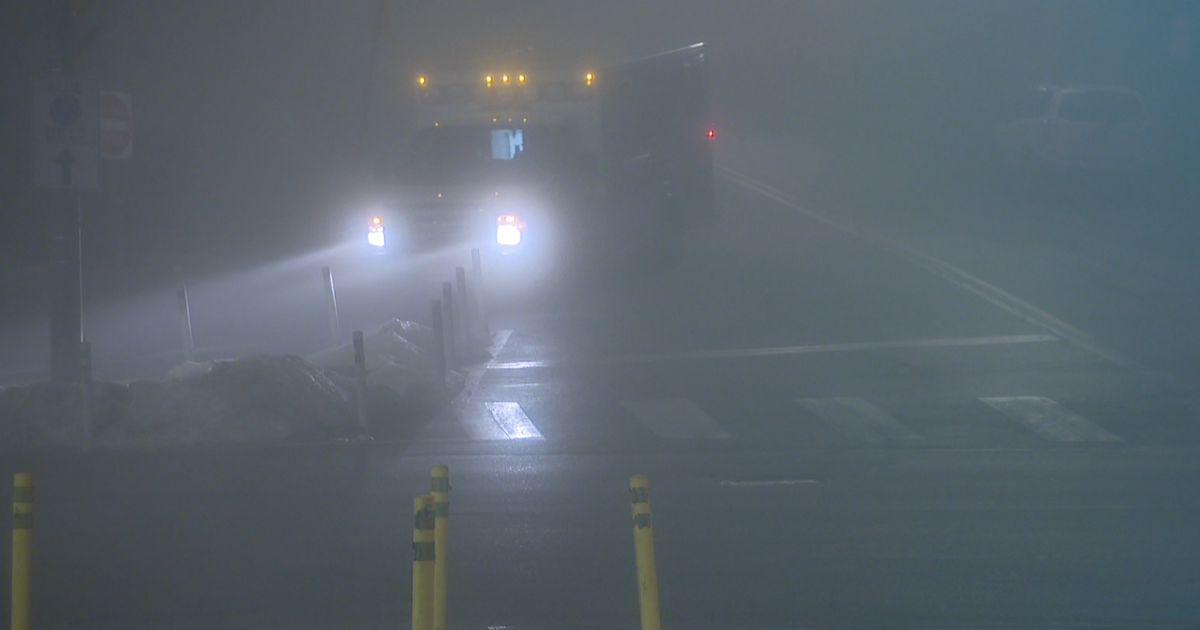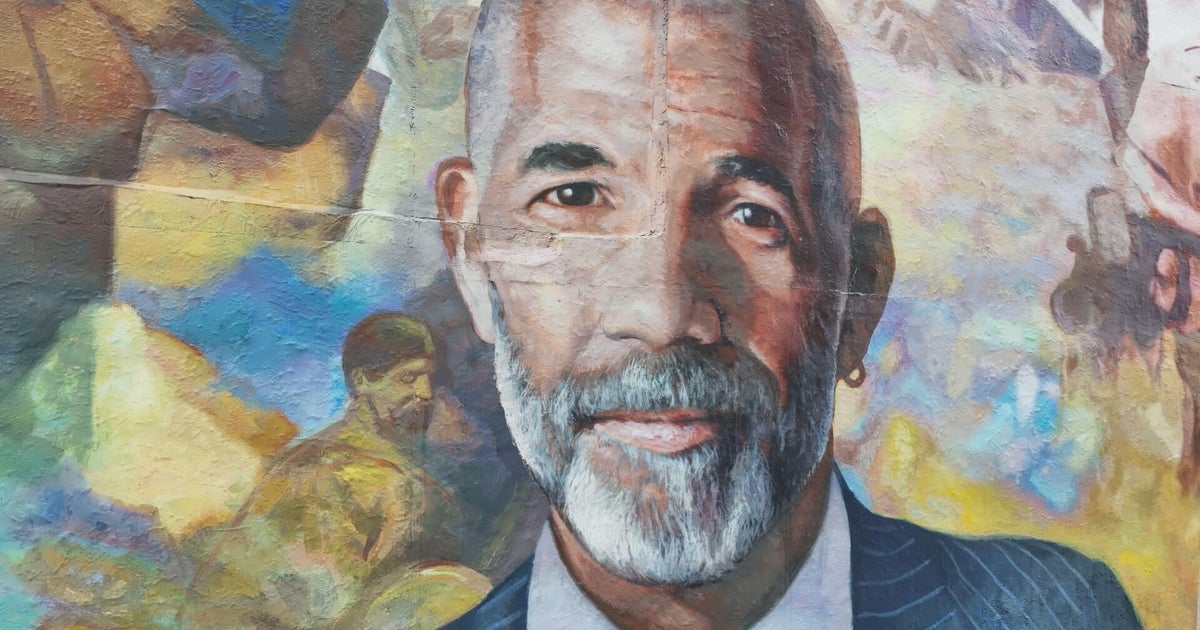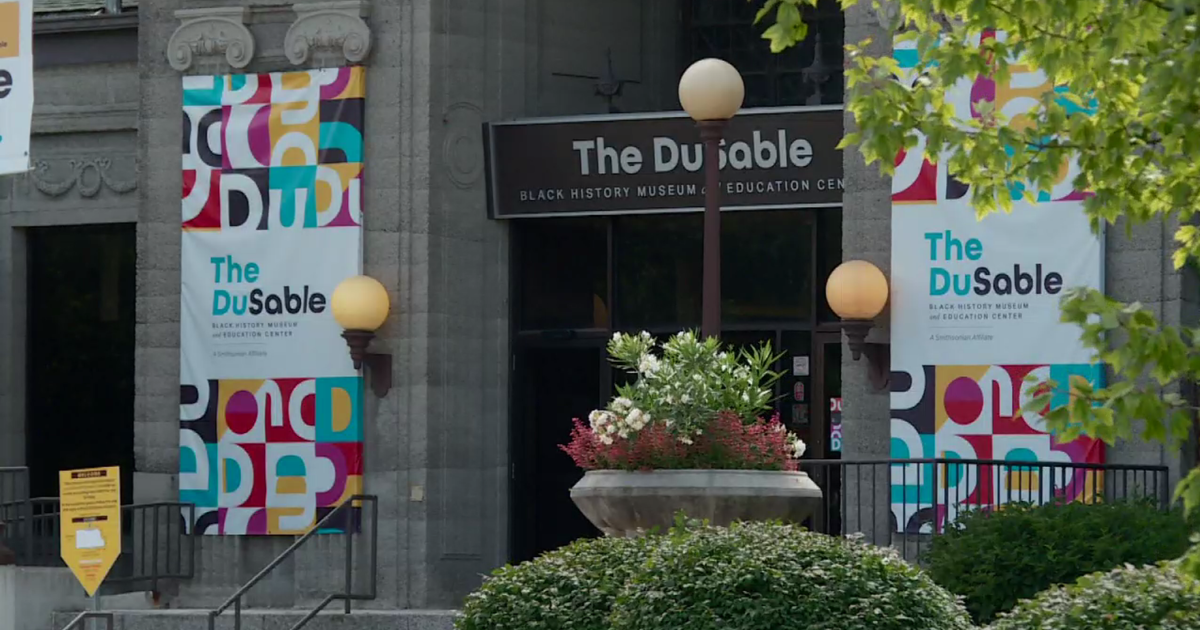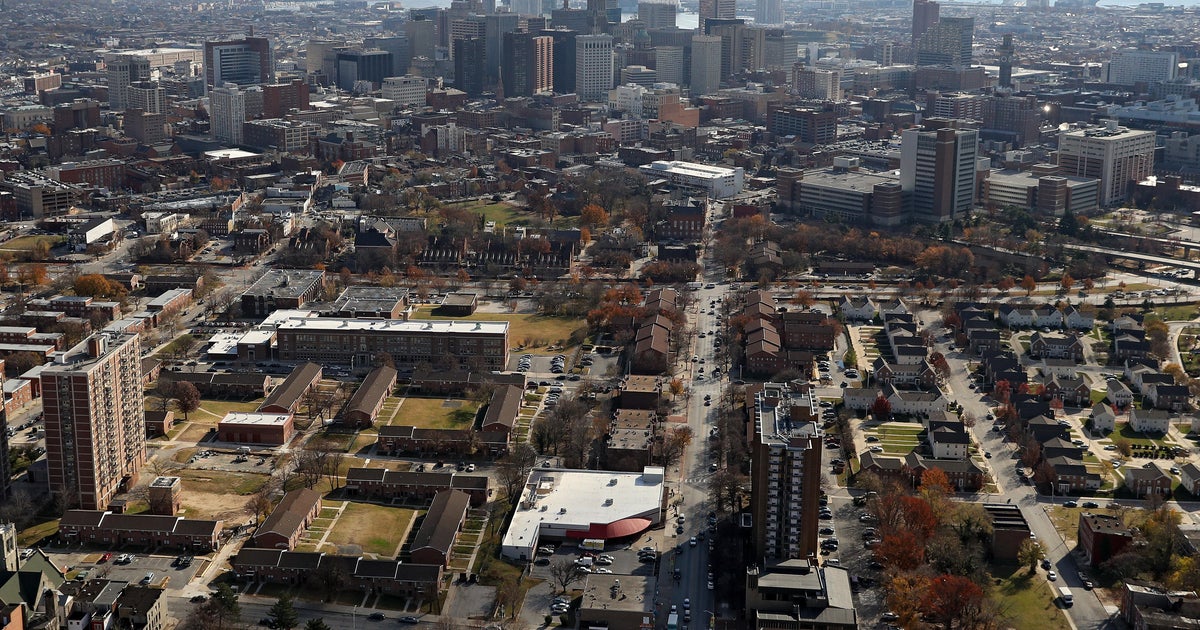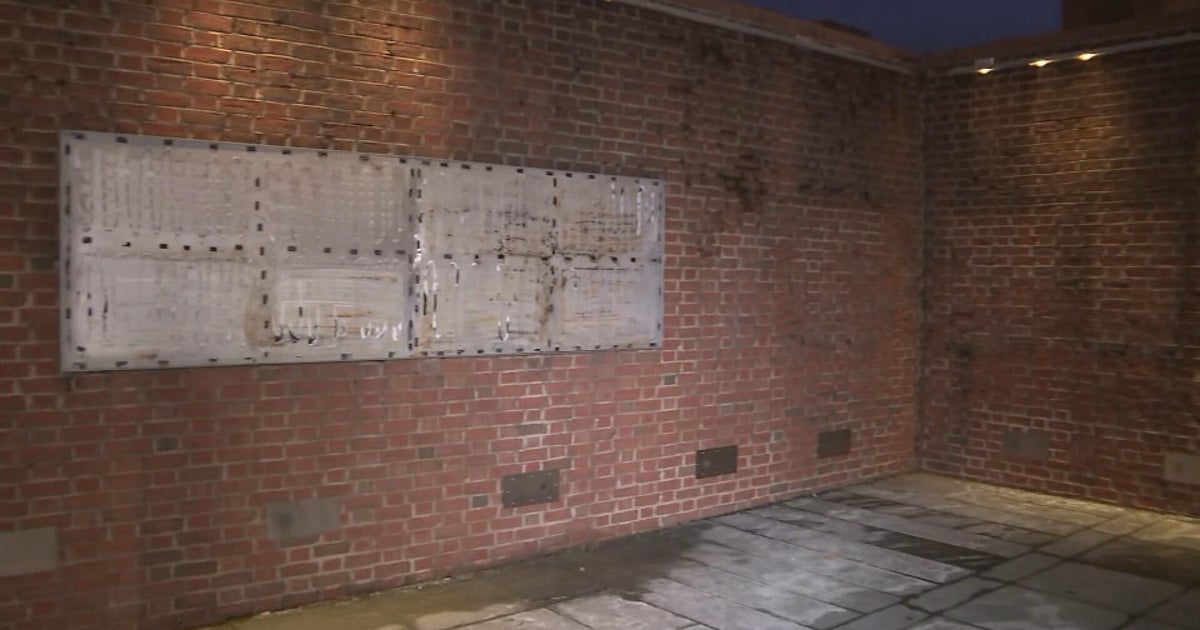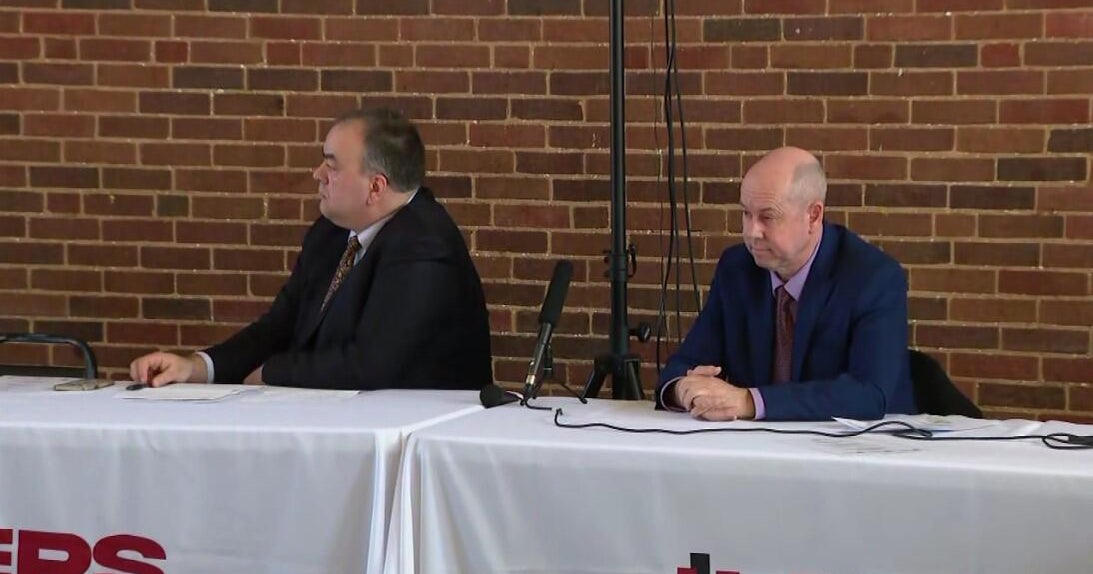Buildings in Pittsburgh were part of the path to freedom. But many are missing today
PITTSBURGH (KDKA) — Western Pennsylvania played a crucial role in the Underground Railroad.
Buildings in Downtown Pittsburgh, on the North Side and Mt. Washington were a part of the track to freedom. But many are missing today.
KDKA-TV's Mamie Bah takes a look at Underground Railroad sites throughout Allegheny County.
Monongahela House Hotel
Built in 1839 and situated along the riverfront, the Monongahela House Hotel was the first hotel many encountered in Pittsburgh, it was a convenient stop on the freedom train.
"It was owned by an abolitionist, and he employed a number of Pittsburgh abolitionists," said Samuel Black, director of the African American Program at the Heinz History Center.
Some believe the hotel workers were conductors, helping many escapees, including a teenager locked in a hotel room by her owner. When he returned, she was nowhere to be found.
"It's speculated that the workers at the Monongahela House Hotel were involved with getting her out of that room without unlocking the door. And they were able to pull her up through the transom above the door window," Black said.
John Vashon's barbershop
John Vashon's barbershop was located in Downtown on Third Avenue, two streets down from the Monongahela House Hotel. There's nothing here to remind Pittsburghers of its existence. It's as if they've been forgotten.
"One of the criticisms I have is that Pittsburgh is really not good at preserving its history, in terms of physical structures," Black told KDKA's Mamie Bah.
Avery College
Avery College was on the North Side, and there's a historic marker. It was a college for freed Blacks. Some historians believe it was the first HBCU, established in 1849. It closed in 1873.
In the 1960s, the building was torn down to give way to the Parkway North.
Bigham House
One of the last remaining parts of the Underground Railroad in Allegheny County sits on Mt. Washington. It is the home of abolitionist and attorney Thomas Bigham, which was built in 1849.
"It's one of the few survivors of a pivotal era in American history," said David Vater, a historian.
The house, on the National Registry of Historic Places, serves as a clubhouse for the residents of Chatham Village.
"This house is one of the very few standing in Allegheny County that is a documented stop on the Underground Railroad," said Vater.
